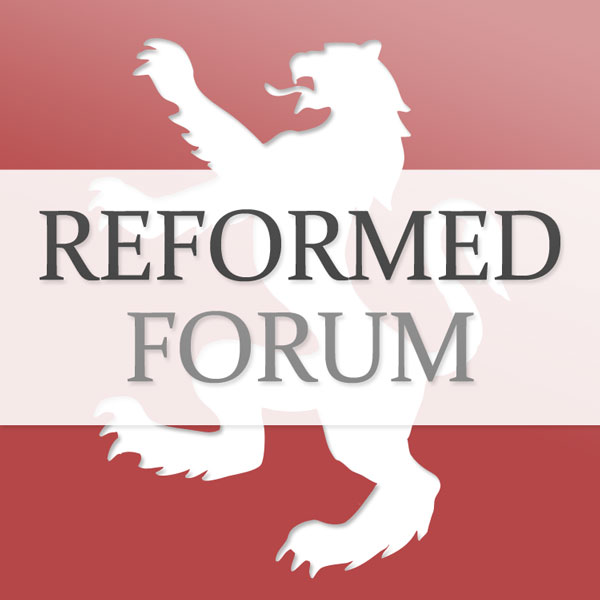clawrence9008
Puritan Board Freshman
I am wondering where the best place or places to start in Geerhardus Vos' bibliography would be, as I am interested in reading him extensively in the future. I perceive that with a man of his theological insight and depth, diving headfirst into some of his more exhaustive works might be a little overwhelming. I intend on listening to Reformed Forum's reading of his sermon "The Wonderful Tree" on the Lord's Day, and I have read his sermon "Rabboni" before (awesome!), so I have a very basic introduction to him.
My thoughts on order:
1) Redemptive History and Biblical Interpretation: The Shorter Writings of Geerhardus Vos or Grace and Glory
2) Biblical Theology: Old and New Testaments
3) Pauline Eschatology
My thoughts on order:
1) Redemptive History and Biblical Interpretation: The Shorter Writings of Geerhardus Vos or Grace and Glory
2) Biblical Theology: Old and New Testaments
3) Pauline Eschatology




